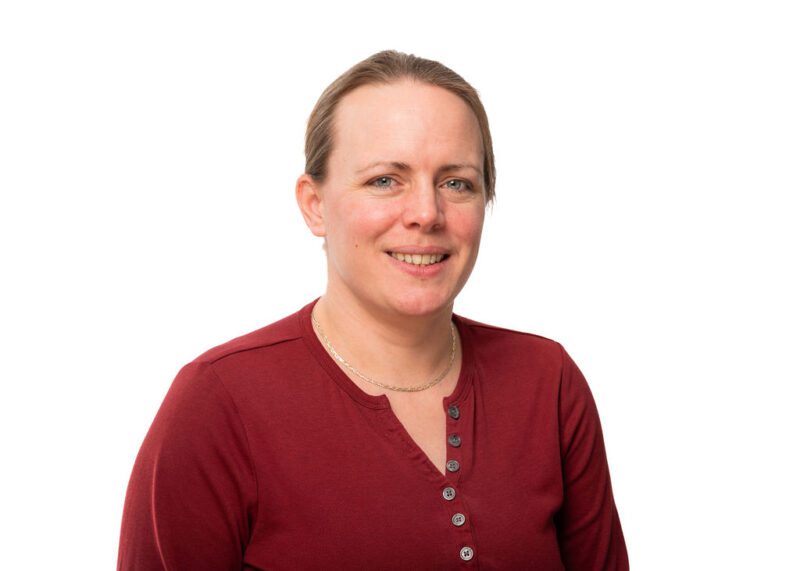-
Professor Mary OliverUniversity of Nottingham
-
Dr Michael AdkinsUniversity of Nottingham
Project overview
This project will investigate the impact of primary school teachers’ background and professional practice on pupils’ experiences and attainment in science.
Recent Ofsted reports note that science is not treated as a priority in primary schools, with disproportionate amounts of curriculum time being spent on English and Mathematics. Fewer than a third of senior primary leaders see science as ‘very important’. There are also concerns that teachers lack subject knowledge. Pupil performance is declining in national science sampling tests at Key Stage 2 (KS2) and in international assessments. Primary school is an important time for pupils to begin developing scientific literacy, an interest in science, and confidence in their science ability.
The research will use data from the Trends in International Mathematics and Science Study (TIMSS), which assesses the skills and knowledge of primary and secondary pupils in more than 60 countries. The impact of teachers’ science experience, qualifications, professional development, knowledge, confidence, and classroom practice on pupils’ attainment in TIMSS tests will be explored alongside school level factors. Data from the National Pupil Database will be used to link achievement in TIMSS with teacher-informed KS2 assessments.
The research aims to answer three research questions:
- What is the association of instructional time and instructional clarity on students’ achievement?
- What is the association between frequency of teachers’ use of science investigations, pupils’ investigations, and student enjoyment, interest, and achievement?
- What are the professional development experiences of primary science teachers, and is there a relationship between types of teacher professional development and student achievement?
The key audiences include primary teachers of science and their school leaders, professional organisations, the Primary Science Committee of the ASE, initial teacher education providers, Ofsted, education policy makers, and academic colleagues. A publicly available report will summarise the key findings and be accompanied by conference presentations, papers, and briefings exploring a variety of themes.






































